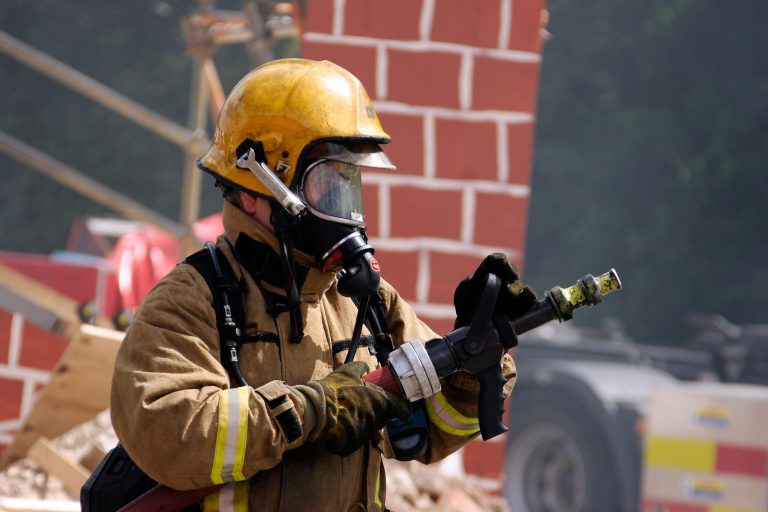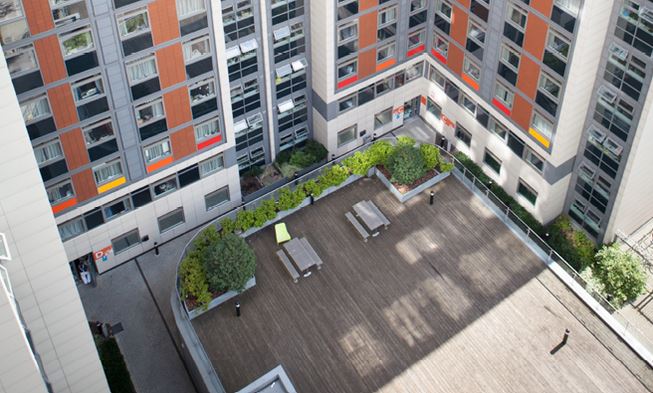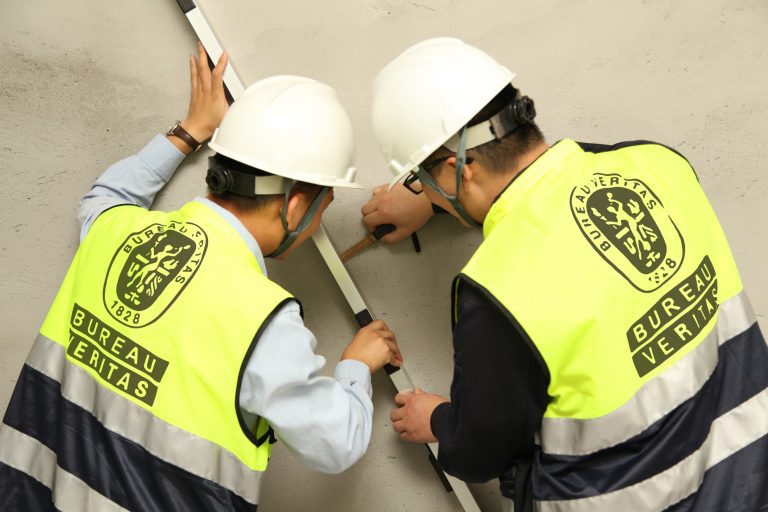One of London’s largest housing associations is to undertake a comprehensive safety review across a six-block residential development following expert advice that the construction of the buildings may be putting around 1,000 residents at risk. Notting Hill Genesis (NHG) asked all residents living in the Paragon Estate to leave immediately in order to protect their health and safety while further investigative work is undertaken. NHG said that it would ensure that all residents living in the Paragon Estate were able to access safe alternative accommodation this week. It will also work with residents to find a longer-term solution to their housing needs where necessary. The further investigations will establish the full extent of the structural and fire safety issues that have been uncovered at the development and identify next steps. Earlier building performance issues, together with fire safety issues related to the cladding and the subsequent new government guidance since the fire at Grenfell Tower, triggered a series of safety checks at Paragon, undertaken by technical consultants, which have each revealed further problems with this development. Notting Hill Genesis said the action it has taken to address these risks as they have arisen, include establishing waking watches and temporary alarms, and introducing simultaneous evacuation procedures, but the latest advice has prompted the group to act in order to protect its residents. Kate Davies, group chief executive of Notting Hill Genesis, said: “First, I want to say how sorry we are to residents that we have had to take this action and disrupt their lives. But, as a not-for-profit housing association, our priority is to provide safe, affordable housing. We always ensure the wellbeing of our residents, so while we are incredibly disappointed to have to make this decision, we believe that we have no choice but to ask people to leave their homes on the Paragon estate. “I understand that Paragon residents may feel angry or alarmed by this news, as they have every right to be. This is a very distressing time and we are genuinely sorry for the huge amount of disruption and uncertainty that this situation will cause. “This is a complex situation and we don’t yet have all the answers. We are working to uncover the full extent of the issues at Paragon so that we can provide residents with clarity about timescales, next steps and options as quickly as possible. “We are doing all we can to support people who live in Paragon through this difficult situation. We have identified safe accommodation for everyone to move into this week and are providing financial as well as mental health and wellbeing support to help them do that. We are also giving everyone a dedicated caseworker to discuss their specific needs both now and for the longer-term where necessary.” Paragon is a development of six blocks containing a total of 1,059 homes in Brentford, Hounslow. It was developed by Berkeley First, part of The Berkeley Group plc. The estate was owned initially by the former Presentation Housing Association, which became part of Notting Hill Housing – now Notting Hill Genesis – in 2009. Notting Hill Housing group, which became part of Notting Hill Genesis group in 2018, acquired Paragon in 2009. The six blocks consist of the following: Block A – a five-storey building consisting of 41 units of intermediate market rent. Block B – three interconnected buildings of four, five and nine storeys with 107 shared ownership leasehold units and 72 intermediate rent. Blocks C, D, E and F – 17, 12, 12 and five-storeys respectively, hold a combined 839 units of student accommodation which is occupied by students nominated by the University of West London. There is no suggestion that any other buildings in the Notting Hill Genesis portfolio will require a similar approach to the one being taken at Paragon. Buildings are being investigated and prioritised based on factors such as height, external materials used and evacuation procedure, and residents informed if further investigation or remedial work is required. Where necessary, and in consultation with fire safety assessors, interim safety measures such as simultaneous evacuation procedures, supported by 24-hour patrols and temporary alarms are in place.








